Addicted to Evangelicalism?
Note: This was originally published in our bi-weekly e-newsletter, Liminal Spaces. To get future issues delivered to your inbox (and get our ebook for free!), sign up here.
A few weeks ago I asked subscribers how we should center this publication on the needs of our community. Thankfully, many of our 1,500 readers responded with helpful suggestions about how to focus the future content of Liminal Spaces. From a topical perspective, the vast majority of you said you needed help healing from religious abuse, toxic theology, unsafe communities, patriarchy, purity culture, and the almost cult-like systems and structures within Christian fundamentalism.
With your leading, I want to use the next several issues to speak to our collective pain while carving out a path toward recovery. I use that word "recovery" specifically, because leaving evangelical fundamentalism is a lot like recovering from an addiction, or at least recovering from the trauma and abuse that got you here in the first place.
“For a species wired for survival, we have an odd habit of getting hooked on things that can kill us,” writes professor Michael D. Lemonick. Much like an addictive substance, evangelicalism felt good until it didn’t. Addiction is defined as the overwhelming urge to continue something you know is bad for you.
But hopefully, you joined the deconstruction community because you had enough wisdom and courage to get help. Just being here means you've already taken the first step toward recovery. But it’s going to take a long time to peel back the layers of resentment, trauma, and conditioned behaviors that kept you in bondage. From my experience, it might take years to feel normal again.
There is no right or wrong way to recover; everyone is traveling on a different journey toward freedom, but the result is the same: we want to end our suffering. Addicts understand this better than anyone. Joining and working a recovery program is critical for long-term sobriety. That’s why it is so incredible that programs like AA, Smart Recovery, Dharma Recovery, and AA Agnostica are available to help foster a better life for anyone willing to do the hard work of rehabilitation.
The same is true for spiritual recovery. White evangelicalism does not have a monopoly on God. Within the larger Christian community, there are a myriad of spiritual pathways available to you. Find the one that is right for you and stick to it! In the meantime, we're here to help. Over the next several weeks we'll explore some of the critical steps toward recovery. I look forward to walking this sacred road with you as we migrate our Liminal Spaces publication over to Patreon. I hope this series will serve you well in your long walk toward freedom.
Gary Alan Taylor
The Sophia Society & Holy Heretics Podcast

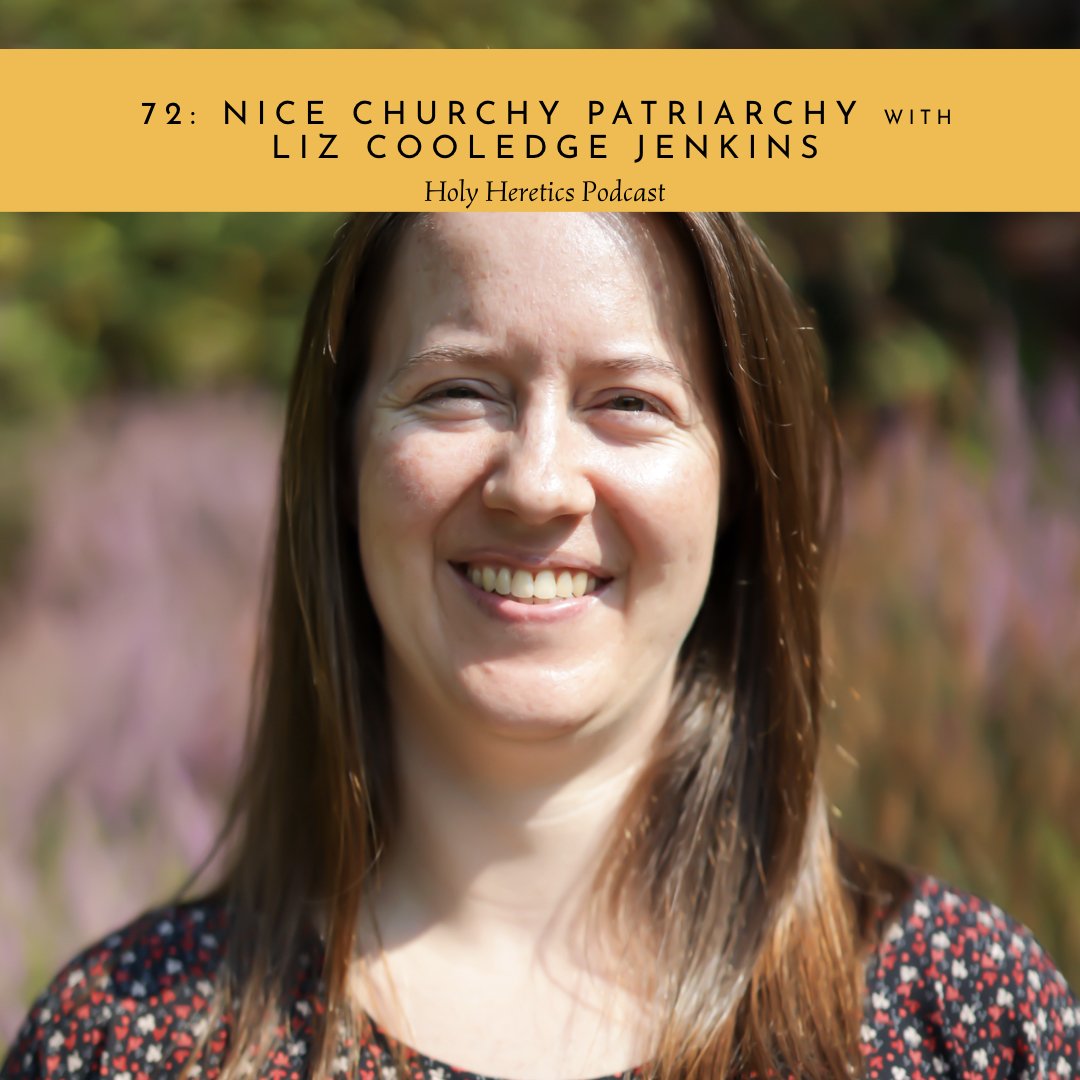
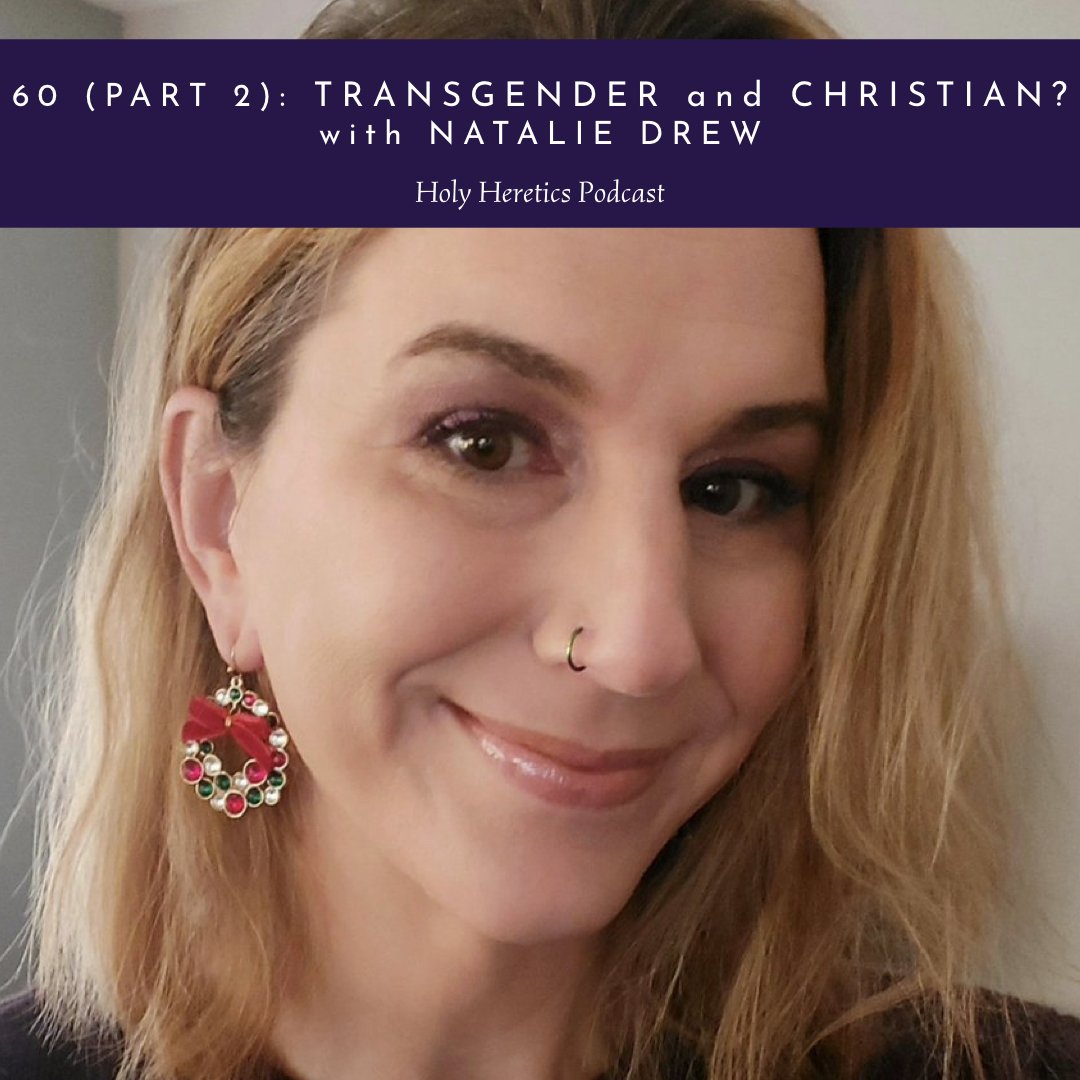
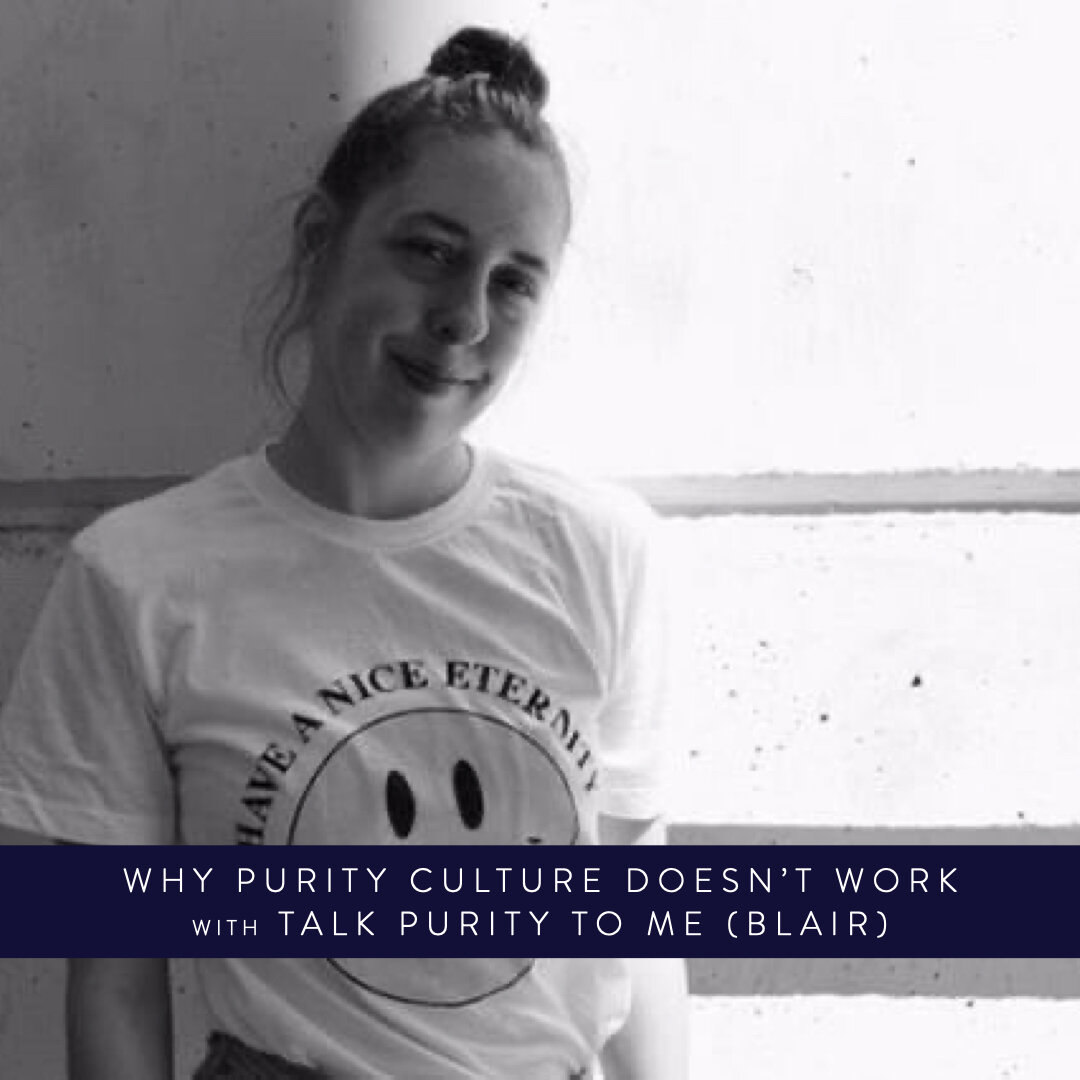
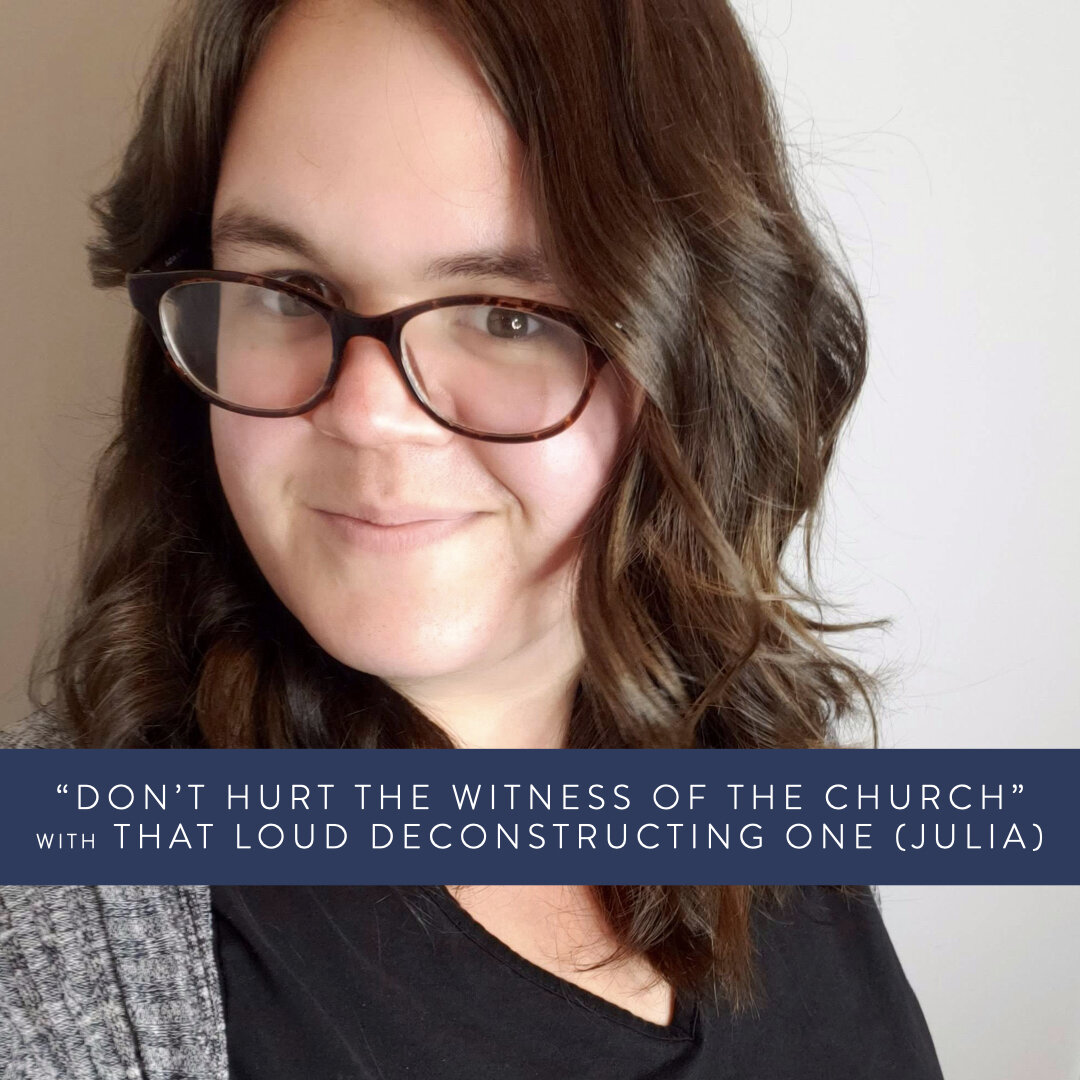
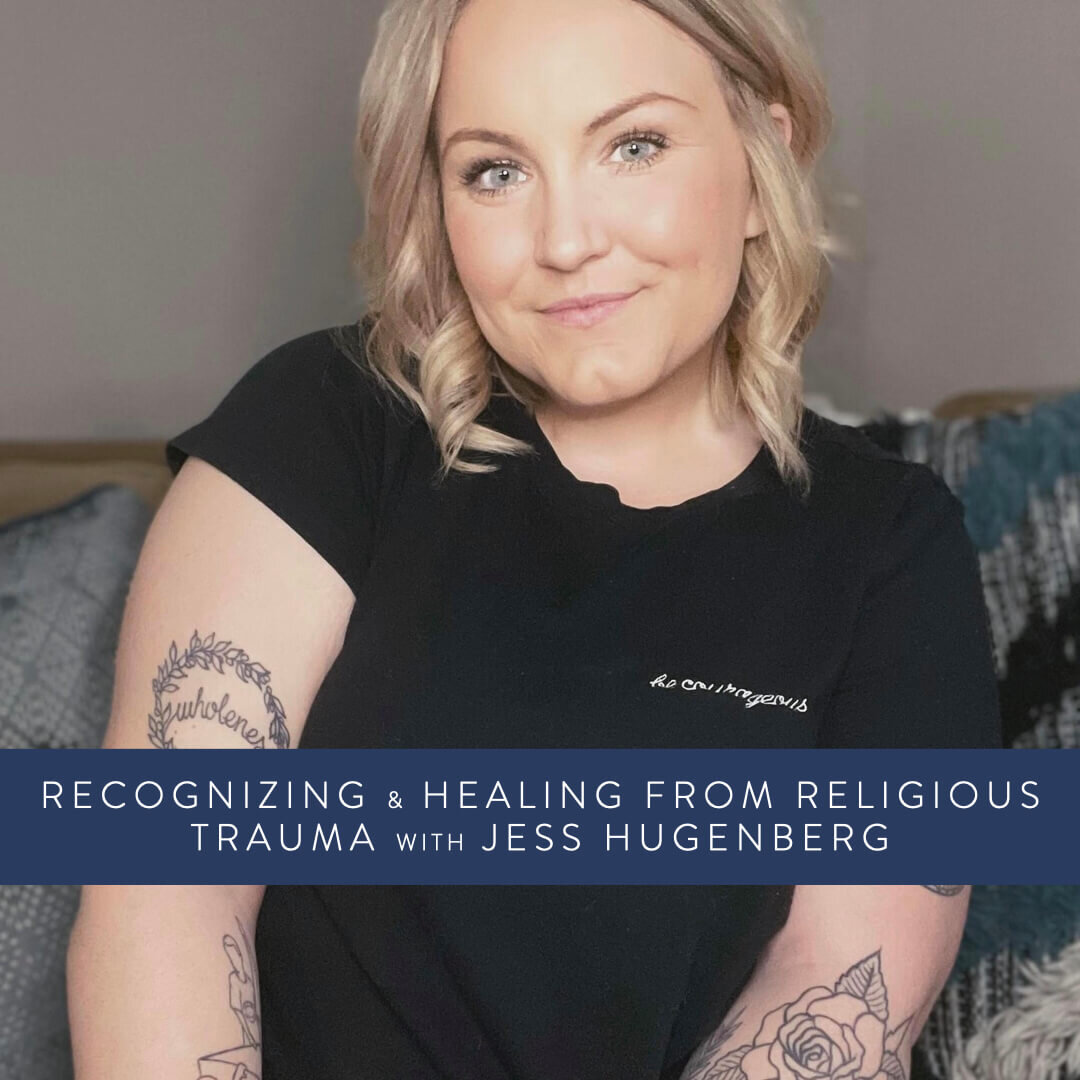
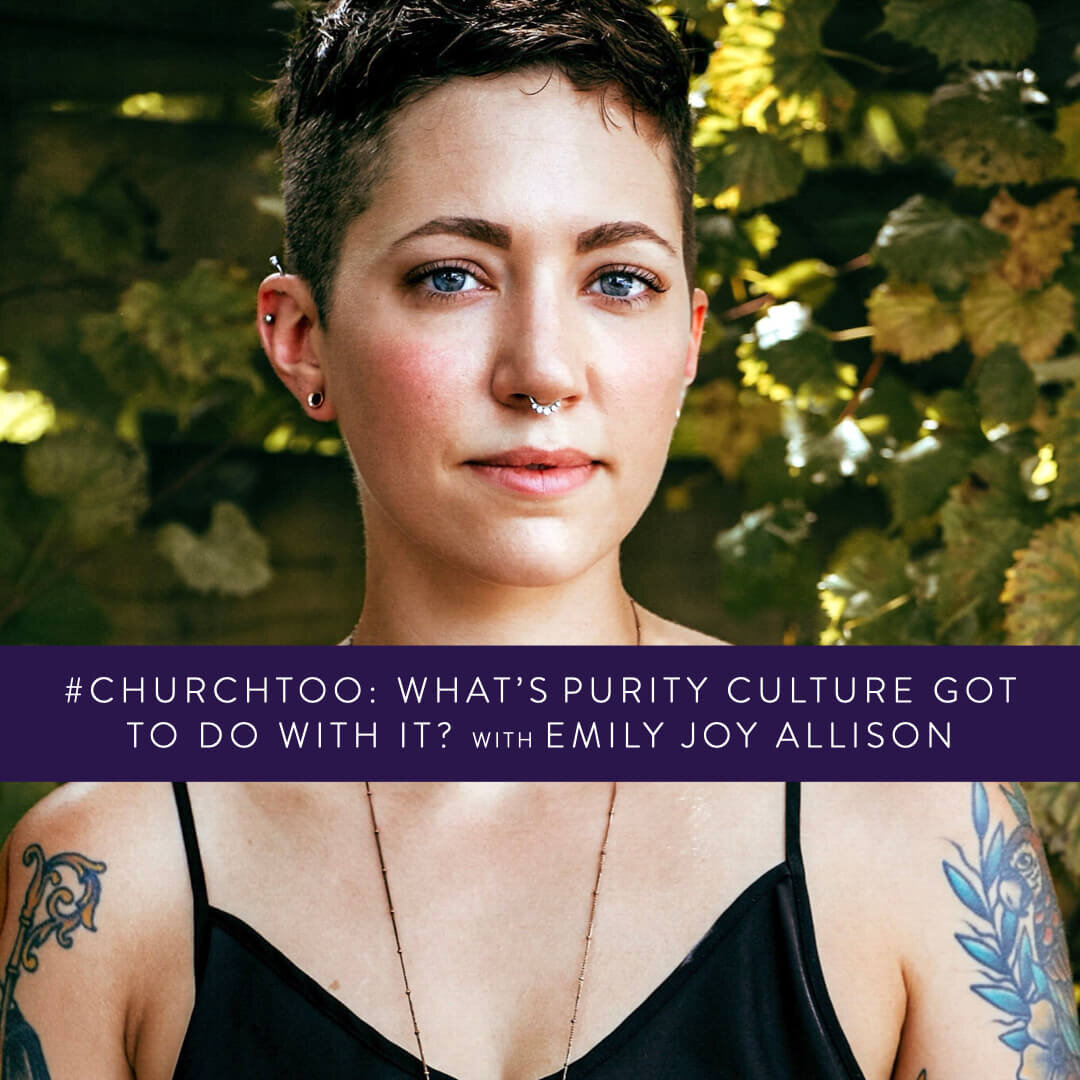
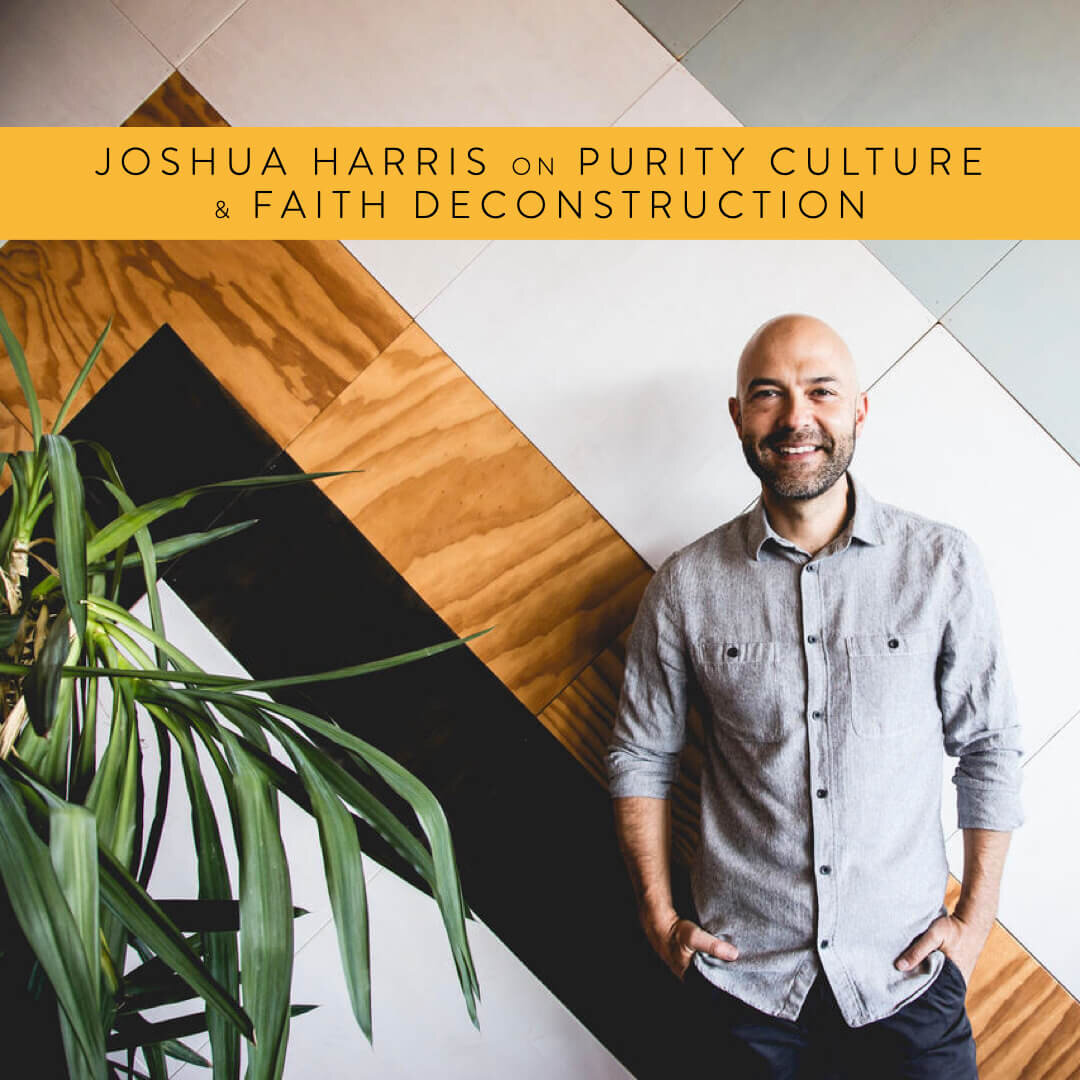
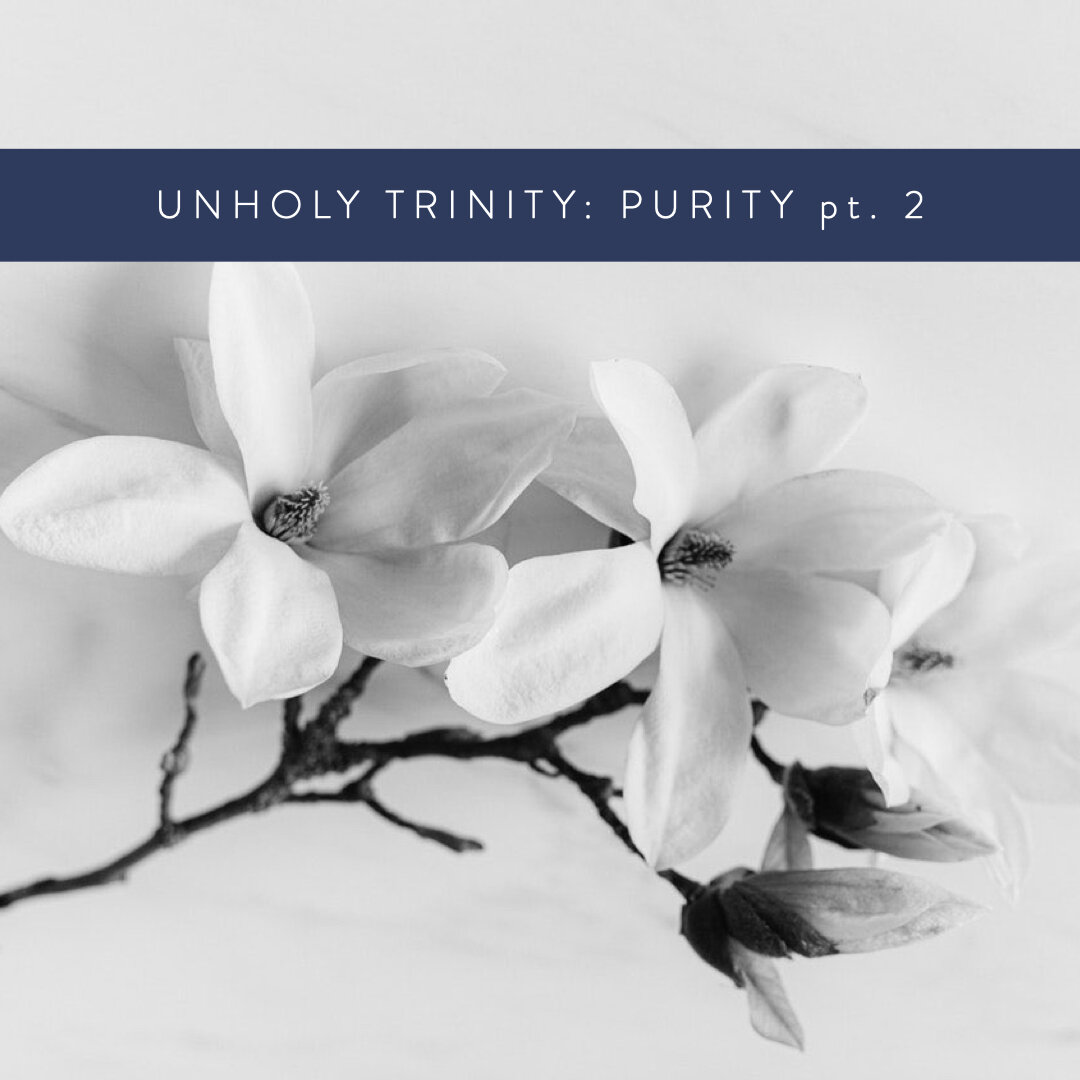
Don’t just reconstruct your faith, ReWild your faith by trading in certainty for wonder and literalism for mystery. This episode with Holy Heretics host Gary Alan Taylor is an introduction to spiritual rewilding through the re-introduction of indigenous spirituality and Creation-centered Christianity.